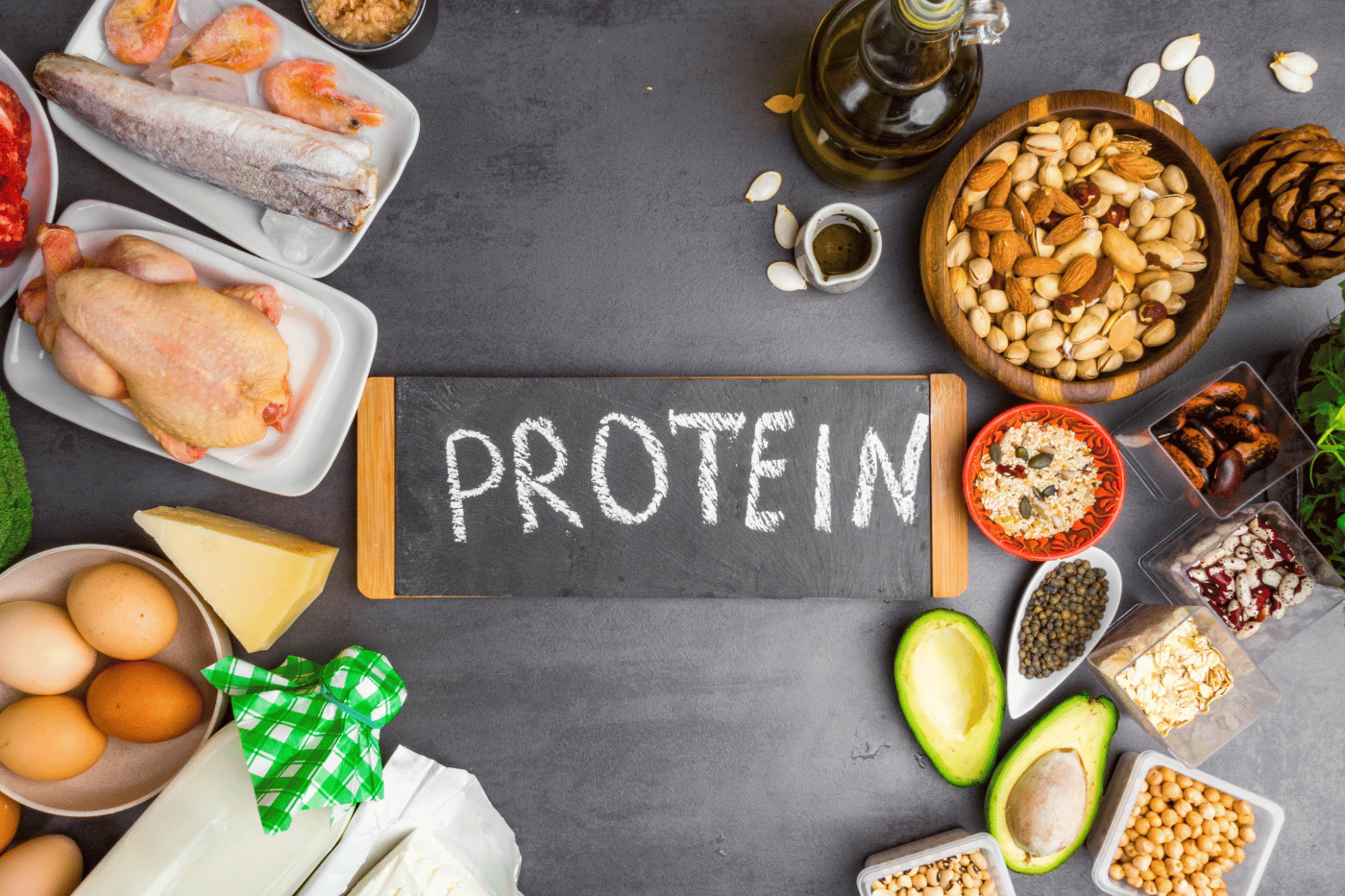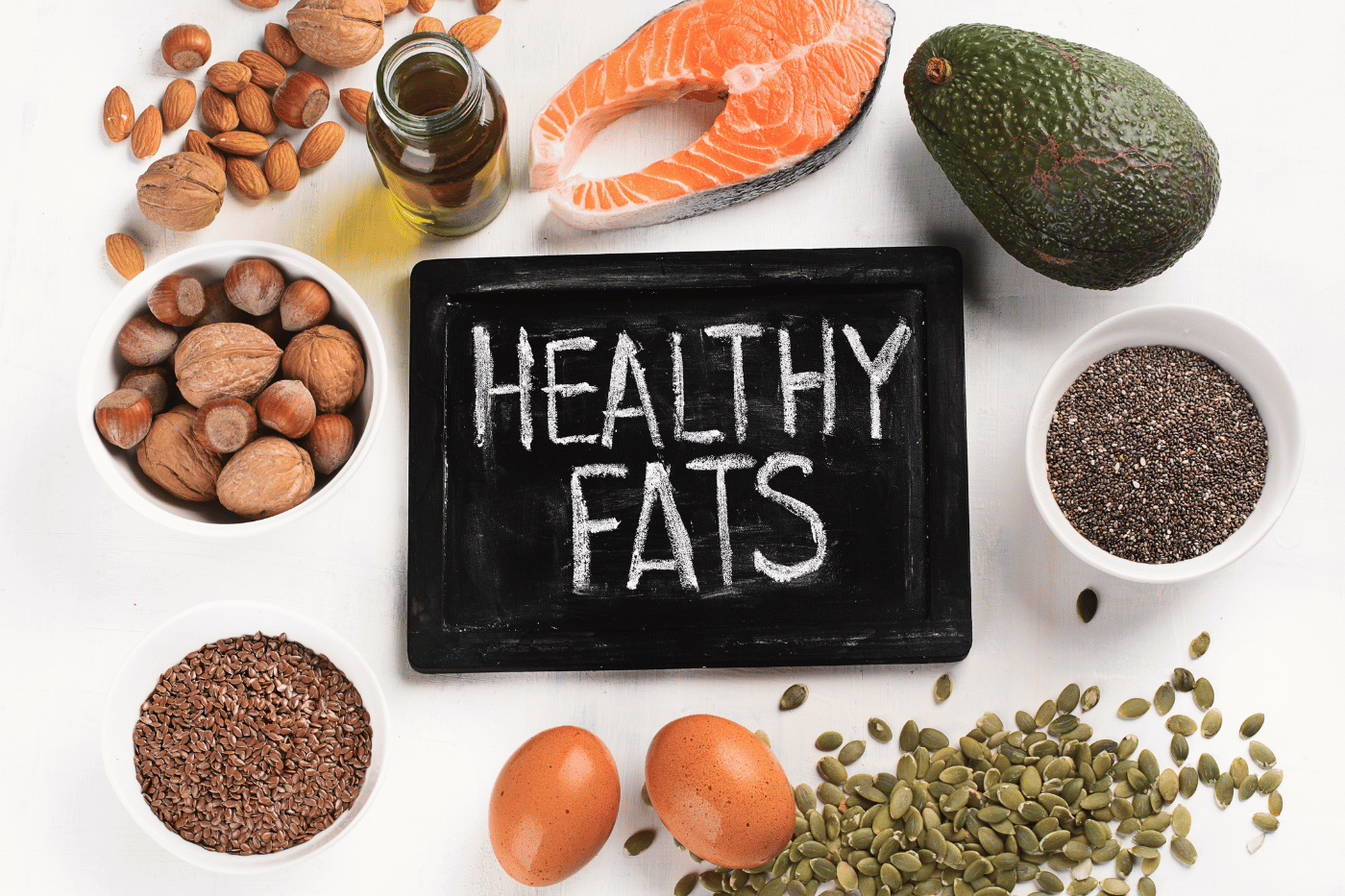How Much Protein Do I Need to Lose Weight and Feel Great?
Are you looking to lose weight and feel great? If so, you may be wondering how much protein you need to reach your goal.
Protein is an essential macronutrient that helps to build muscle, burn fat and keep your energy levels up. In this blog post, we’ll explore why protein is so important for weight loss, and how much of it you should be consuming to get the most out of your diet.
We’ll also discuss which proteins are best for optimal health and performance, as well as some easy ways to increase your intake. Read on to learn more about the following:
– How do I calculate how much protein I need?
– Is 100g of protein a day enough?
–What protein sources are best for fat loss and muscle gain?
How do I calculate how much protein I need?
Calculating the amount of protein your body needs is an important part of staying healthy. One of the most commonly used methods to find out your protein needs is to use the 1.2 gram per kilogram rule. This means that for every kilogram of bodyweight, you will need 1.2 grams of protein daily for optimal health. For example, if you weigh 70 kilograms, then you would need 84 grams of protein per day (1.2 x 70 = 84).
In addition to this rule, it is also important to note that some people may require more than 1.2 grams per kilogram depending on their activity level, age and general health status (ref).
If you are an athlete or engage in regular physical activity, then you may need more protein as your body needs extra fuel and recovery after workouts. This optimal recovery is also a key focus of Physiotherapy, ensuring your body is well-prepared for any physical demands. To further enhance muscle recovery, alleviate soreness, and optimize your physical performance, consider incorporating Sports Massage into your routine.
Elderly individuals also may require different amounts than recommended as they become increasingly frail with age and may have different nutritional requirements. It is always best to consult with a Personal Trainer or dietician prior to changing your diet or macronutrient intake so that your body’s individual needs can be properly assessed.
If you are unsure of how much protein you need, then our free protein calculator can help.
Is 100g of protein a day enough?
The minimum recommended daily intake of protein is 1.2 grams per kilogram of bodyweight (ref).
This means that for someone who weighs up to 83kg, eating 100g of protein each day should be enough to meet their dietary needs.
Eating at least 100 grams of protein a day is important for anyone trying to lose weight, as it helps to ensure fat loss rather than muscle loss. Furthermore, it can also help you feel fuller for longer, making it easier to stay on track with your diet and reach your weight-loss goals. Protein-rich foods are particularly beneficial in this regard, as they take longer to digest and provide more sustained energy throughout the day.
Eating enough protein is essential for anyone looking to preserve their muscle mass as they age to reduce the effects of ageing on their body; it helps improve satiety levels, aids with building lean muscle during exercise, supports a healthy metabolism during weight loss, prevents disease by regulating blood sugar levels and improving cholesterol profiles. So make sure you get your daily dose of at least 100g!
Protein can be found in a variety of sources from meat and fish to plant-based alternatives such as beans, nuts, and tofu.
What protein sources are best for fat loss and muscle gain?
If you are looking to lose fat and gain muscle, it’s important to ensure that you’re getting enough protein in your diet. Protein is essential for helping to build lean muscle mass as well as aiding in fat loss. Some of the best sources of protein include eggs, fish, chicken, beef, nuts, legumes, and soy products.
Eggs are a great source of protein, with the highest quality coming from pasture-raised chickens or organic eggs. They contain all nine essential amino acids which are necessary for energy production and cell protection.
Fish is another excellent source of protein and is high in omega 3 fatty acids which help to reduce inflammation in the body. Chicken is a popular choice as it is low in fat and calories while still providing a good amount of protein per serving. Beef is also an excellent source of protein providing plenty of iron and zinc which help promote healthy skin, nails and hair growth.
Nuts and legumes such as lentils, kidney beans and chickpeas are other excellent sources of protein that can be easily incorporated into meals. Soy products such as tofu or tempeh are a great option if you’re looking for plant-based proteins while still getting the same nutritional benefits as animal sources. They also provide fiber which helps to keep you feeling full longer
If you’re looking for a comprehensive guide to the sources of protein you should be eating, our infographic guide is an excellent resource. It reveals which sources of protein are best for fat loss and muscle gain, as well as which foods are best eaten in moderation.
Getting the right amount of protein is crucial to your fitness journey. But remember, it’s not just about the diet. A well-structured exercise routine plays a significant role too.
That’s where we come in! Our team of certified personal trainers can help guide you through the labyrinth of fitness. We don’t just provide workouts; we customize them according to your unique goals and abilities. Whether you’re a beginner starting from scratch or an athlete aiming for peak performance, we’ve got you covered.
We believe in the power of personalized training that caters to your individual needs. We take pride in our ability to motivate, support, and inspire you to reach your fitness goals. We’re here to ensure your journey is not a solo one, but a team effort.
So why not take the next step in your fitness journey with us? Visit our Personal Training Edinburgh services to learn more about how we can help you achieve your fitness goals. It’s time to transform your life and unlock your potential.
Remember, achieving your fitness goals is a marathon, not a sprint. So let’s start building that endurance today. Because every step you take towards your goal, is a step closer to becoming the best version of yourself.
Get Lean Feel Great: What's the Ideal Amount of Protein For a Weight Loss Diet?




